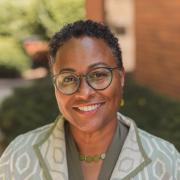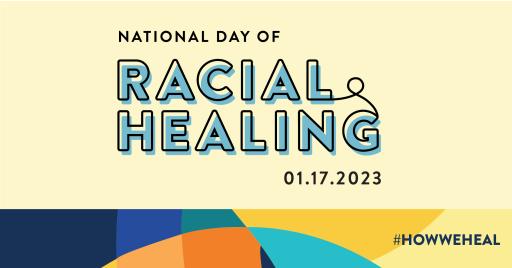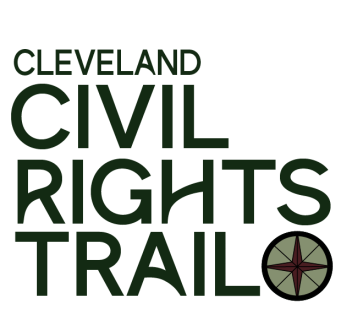Latest NewsMore News
How Ohio Gives 2025
In 2022, Ohio's foundation giving hit a record $2.44 billion, marking a 13% increase from the previous year, despite an 8% decline in total foundation assets and a growing number
Policy Journal - April 2025
Policy Journal brings you the news you need to know about state education, health and housing policy as well as policies impacting the philanthropic sector and our democracy.


